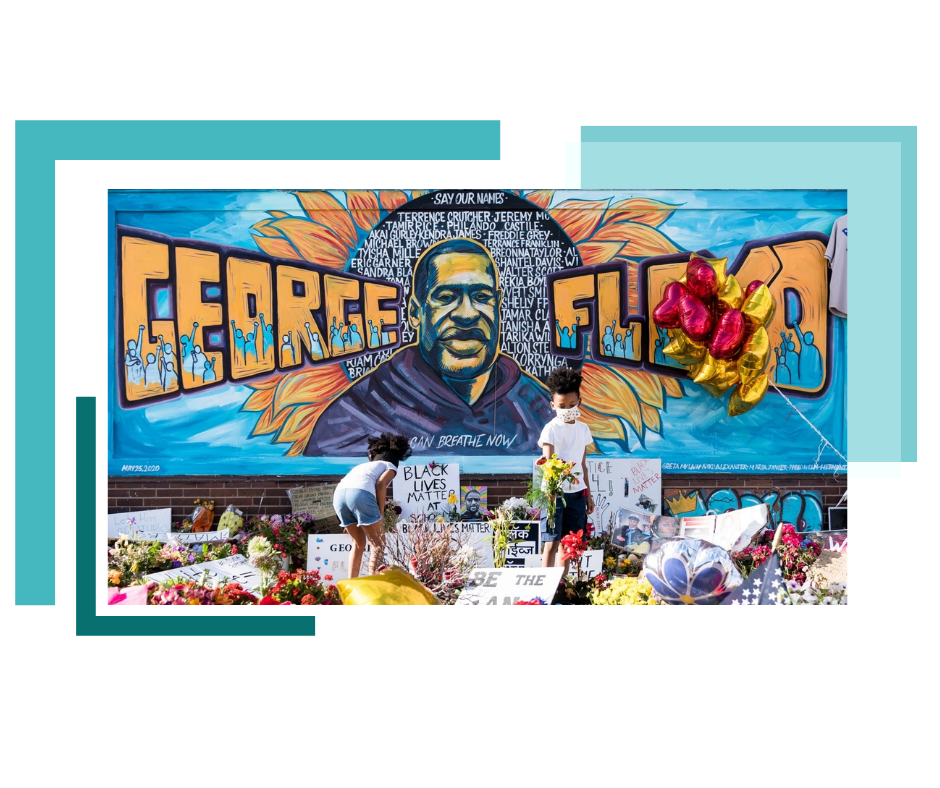How to Support BIPOC Employees’ Mental Health
For many employees, the pandemic has not been the only source of trauma this year. After footage of the police killing of an unarmed black man, George Floyd, was widely circulated in the news, reports of poorer mental health spiked, particularly among BIPOC communities. (For those who aren’t familiar with this acronym, BIPOC stands for Black, Indigenous, People of Color, and is used to acknowledge the severe impact of systemic racial injustices on these particular communities.)
We know that trauma has incredibly serious impacts on our mental and physical health, and racial trauma is no different. In fact, it can even impair key brain structures and circuitry. Though recent events such as George Floyd's murder have garnered a great deal of attention, it is important to recognize that racial violence is not new, and that many people have been paying close attention to these issues for a very long time. Every time a related event takes place, it brings feelings of trauma to the surface (this is called “vicarious racism”).
Promoting anti-racism in your workplace can play a large role in supporting the mental health of your BIPOC employees. Below are just a few suggestions for making your workplace safer and more supportive for BIPOC employees.
Step One - Educate Yourself.
It can be draining for your BIPOC employees to feel the burden of educating their colleagues on their culture and the impacts of racism. Encourage your team to educate themselves about systemic racism and the BIPOC experience. You can start by sharing the anti-racism resource guides found here and here, which include suggestions for articles, podcasts, books, films and more. We also highly recommend employers invest in comprehensive, high quality racial bias training for their teams.
Step 2 - Be Intentional.
It is critical for leaders to be intentional about holding space for BIPOC employees. This means extending grace and compassion using both your words and your actions, and making an effort to genuinely see and hear your BIPOC employees for who they are beyond their job descriptions. Take time to check in with your BIPOC employees when you recognize they may be vulnerable and in need of support, like in the wake of new racial trauma. Our top recommendation? Help your BIPOC employees feel seen by affirming their experience.
Here are some ideas for starting the conversation:
“Please let me know how I can show up for you.”
“Please take the time you need to process current events.”
“I see you and I know you’re trying your best despite the circumstances.”
“How can I support you through this?”
Step Three - Ensure Cultural Competency in Your Mental Health Offerings.
A major barrier to BIPOC individuals receiving mental healthcare is a lack of BIPOC and culturally competent mental health care providers. One study revealed that 83.6% of psychologists in the United States are White, while only 14.6% are people of color. Understandably, many BIPOC individuals don’t feel comfortable confiding in a mental health provider who doesn’t understand or validate their identity, experiences and struggles. If your company offers mental health benefits or other mental health resources, it is critical to ensure they are culturally competent and inclusive for all employees.
If you’re interested in learning more about culturally competent mental healthcare, let us know! Always happy to answer questions & support in any way we can.





